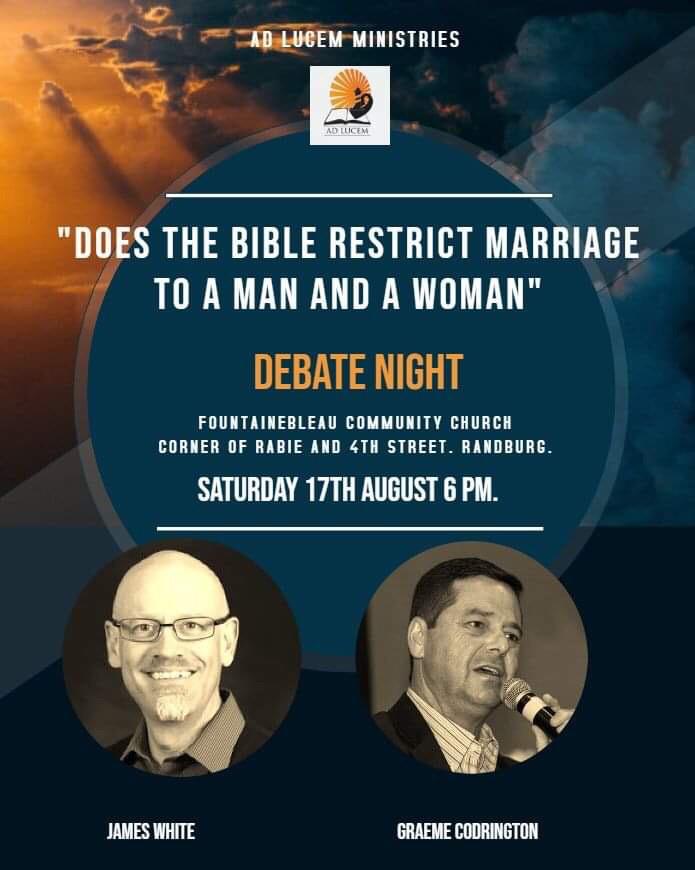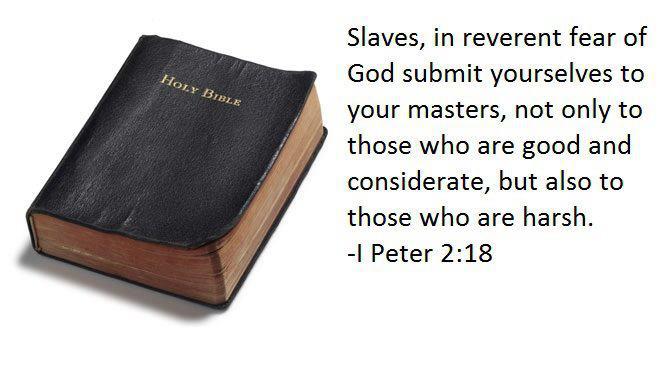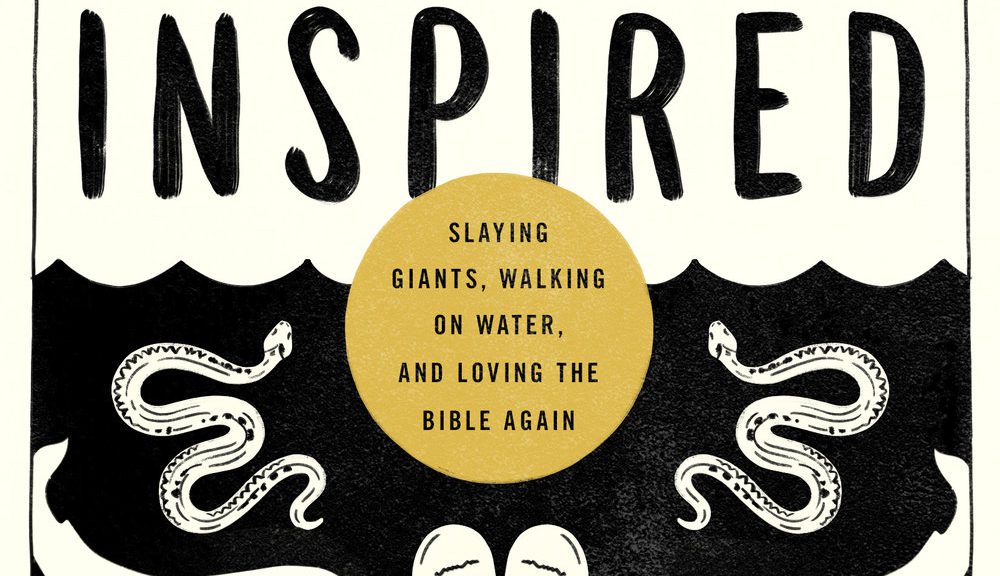It might be because as the only male in my household I am surrounded by “women’s stuff” all day everyday and am privileged to be forced to see the world through a distinctly feminine (and deliberately feminist) lens, that on Christmas Eve each year, my thoughts often turn to Mary and what she must have been thinking and feeling at this time that very first Christmas so long ago.
She’d have been tired from a long, unnecessary journey, and a nine month pregnancy. She’d have been scared, just a teenager about to give birth for the first time surrounded by strangers. She’d have been concerned for her future, not yet in love with kind Joseph to whom she had been promised in marriage, and overwhelmed by all that had happened to her already in her short life.
On that night, she was an oppressed minority forcibly relocated to some ancestral town she knew nothing of by a dictatorial government who saw her and her kind as a problem. On that night, she was homeless. She would soon become a refugee, and witness to a massacre of children. And she would live to see her first born child killed savagely.
I don’t think Mary had “a silent, holy night” in mind.
And, yet, we know that she knew. This child that was to be born was no ordinary child. Her child would not live an ordinary life. He would change the world, and history, forever. That night, she knew – before anyone else did – that the Saviour was coming.
I have a love-hate relationship with Christmas. I have grown to love it more as I have witnessed it through the excitement of my own children. But I’m not convinced that the message of that first Christmas is being adequately embodied in our world today – especially to those people who are precisely like Mary: pregnant teenagers, scared women, brown-skinned poor people, refugees, those in countries that oppress their citizens or have been invaded by a hostile force, the homeless and those who wonder where their next meal will come from. What does it mean to them that the Saviour has come?
Mary’s story is as important as Jesus’ at Christmas. Christmas Eve is my moment to see the greatest story ever told through the eyes of Mary, the Mother of God.










